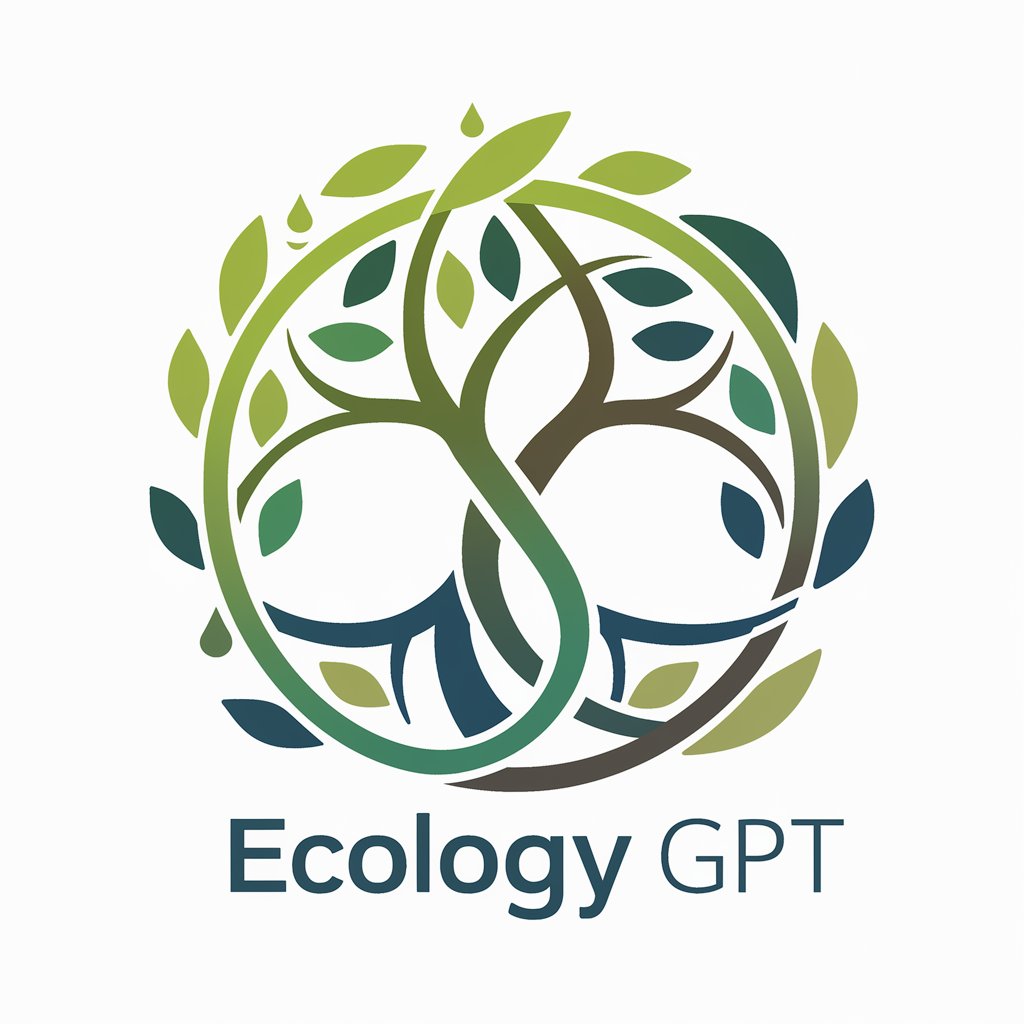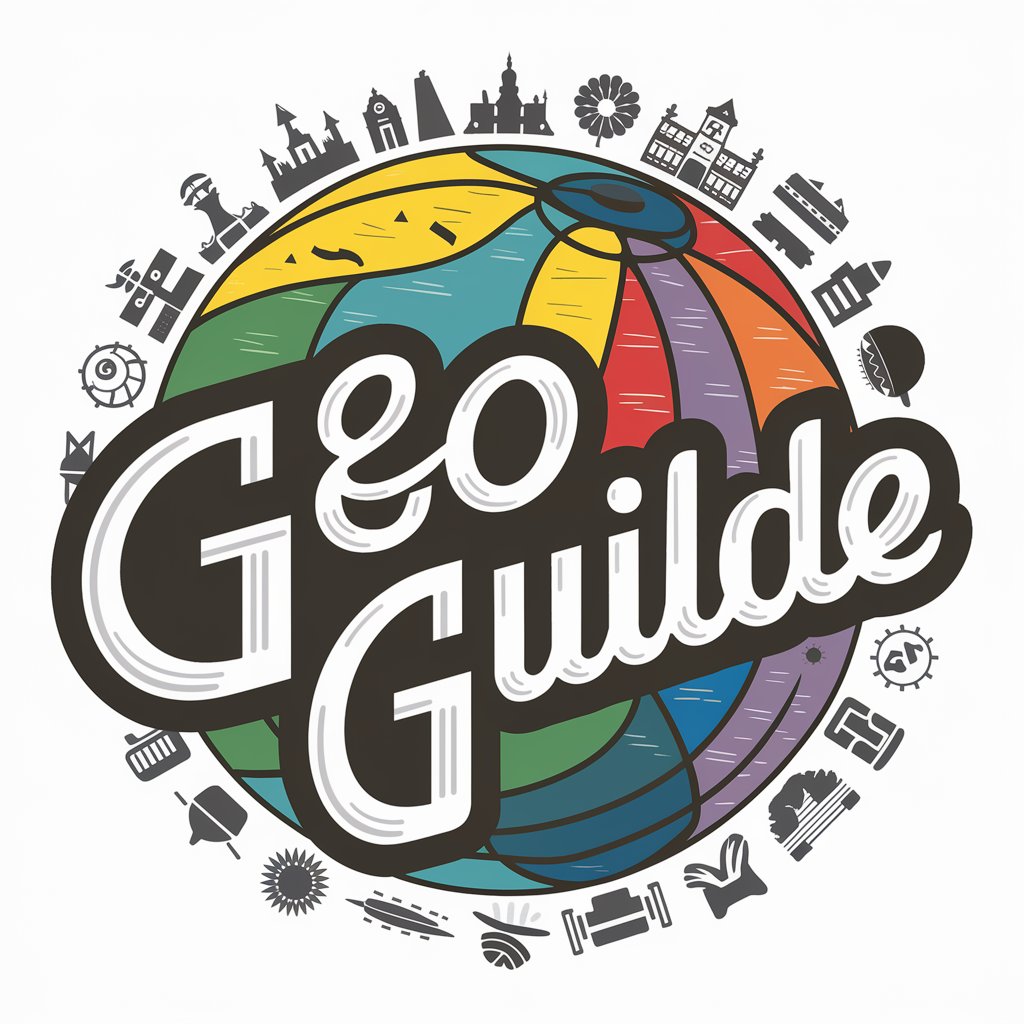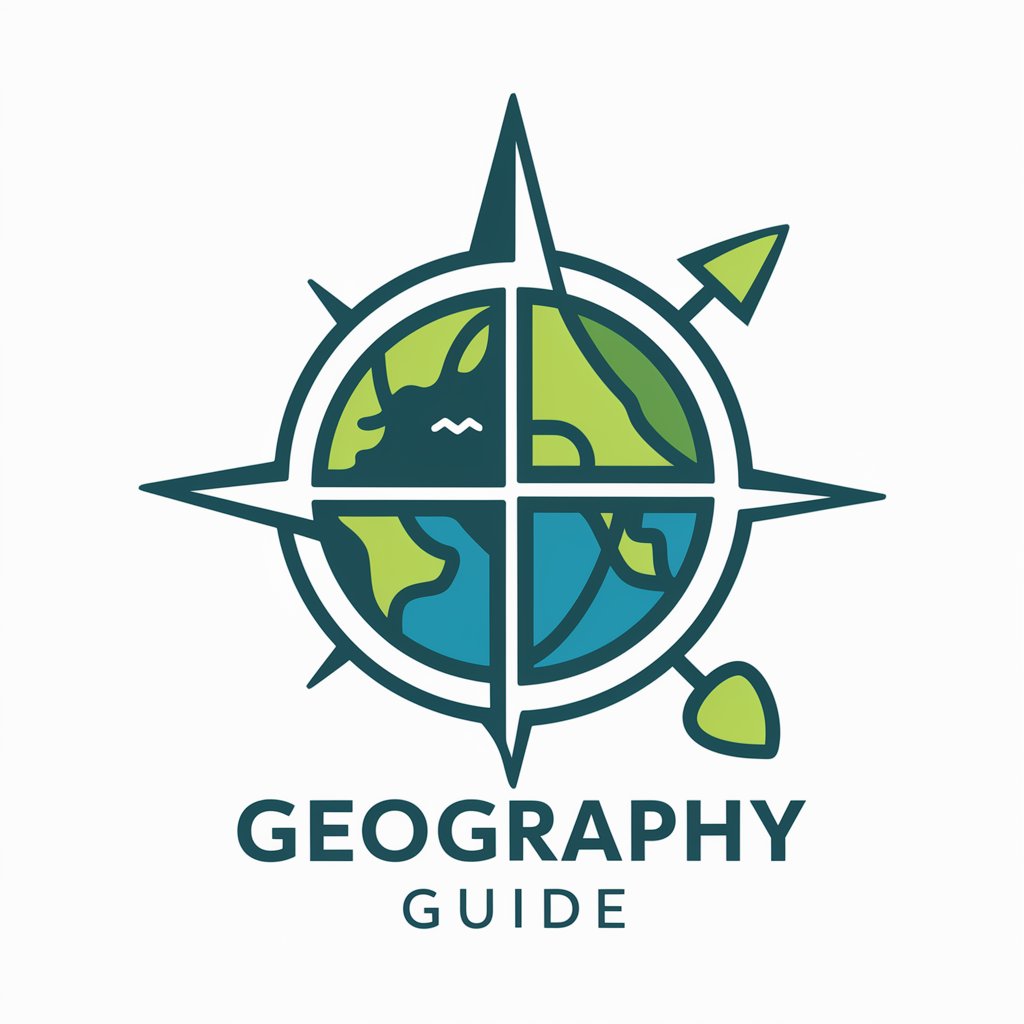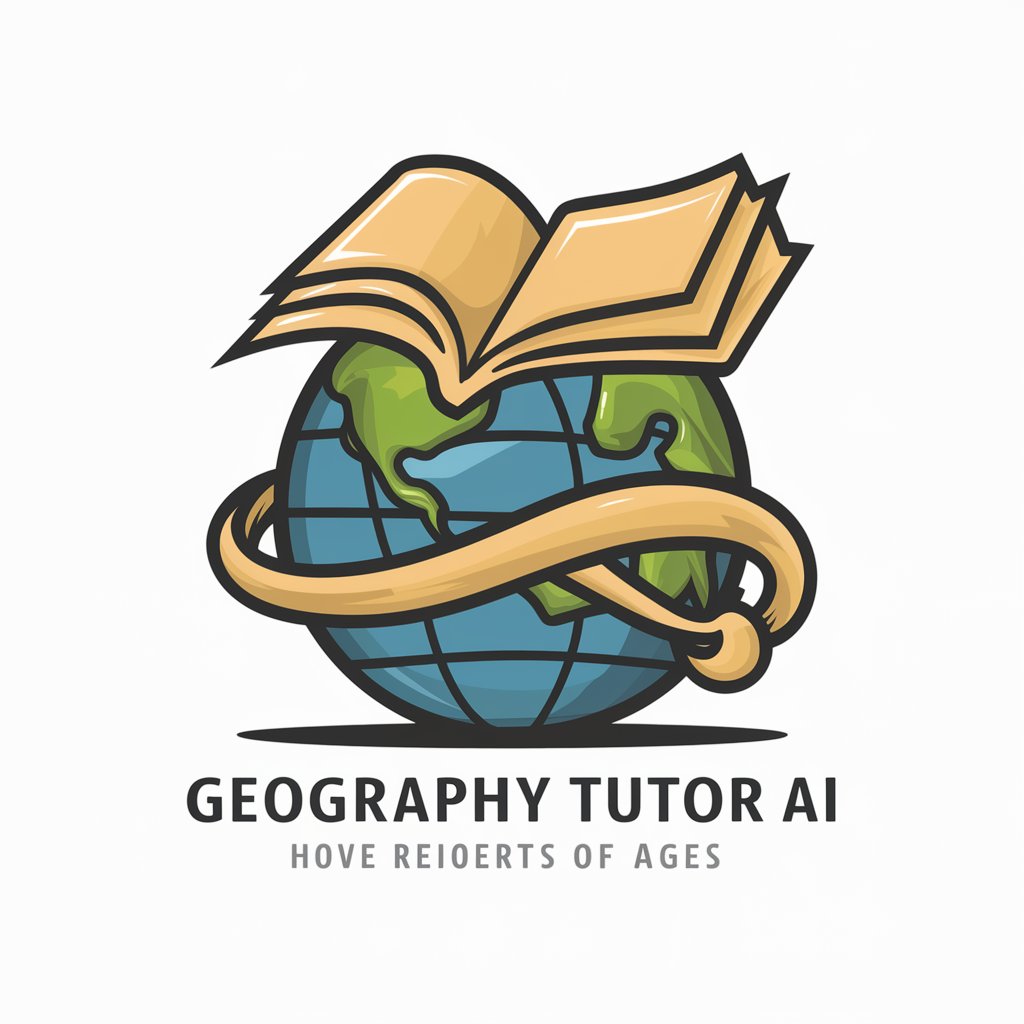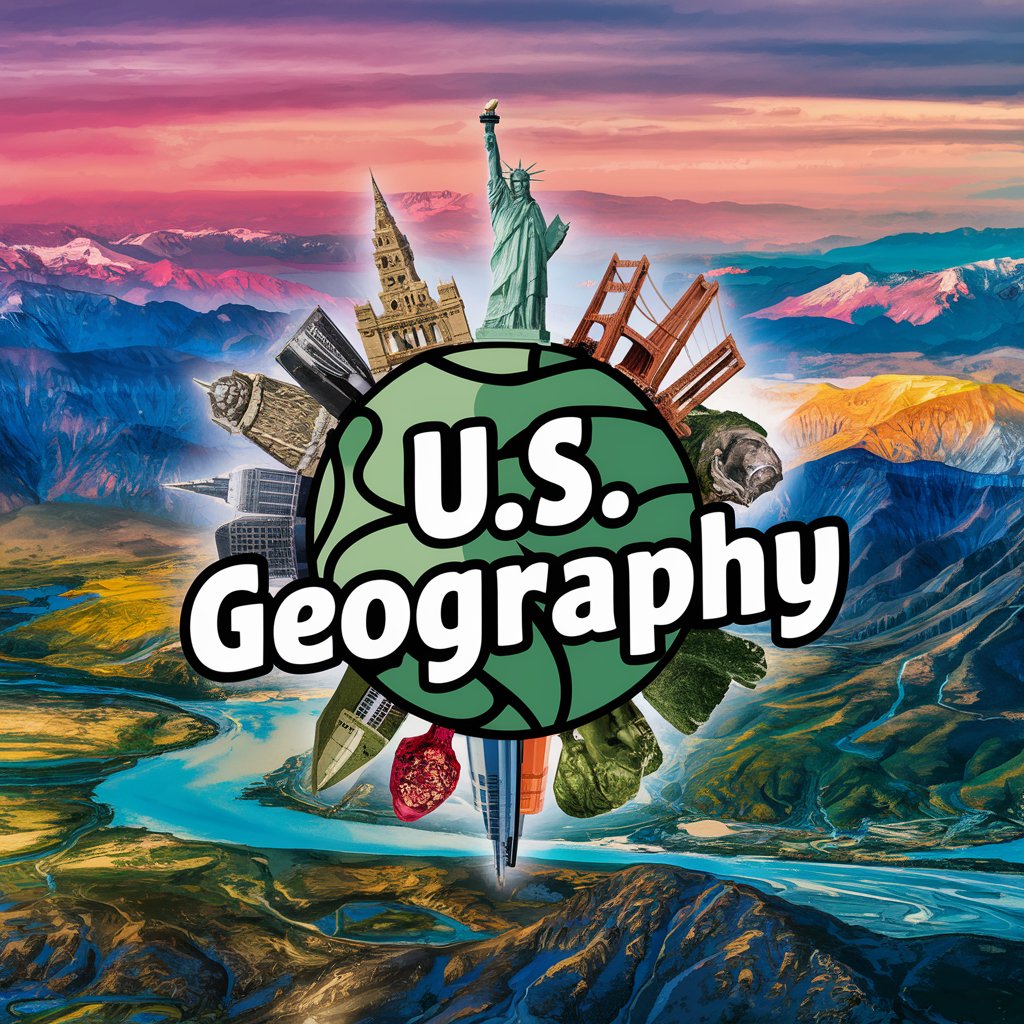
Geography - Geographic Insights & Analysis
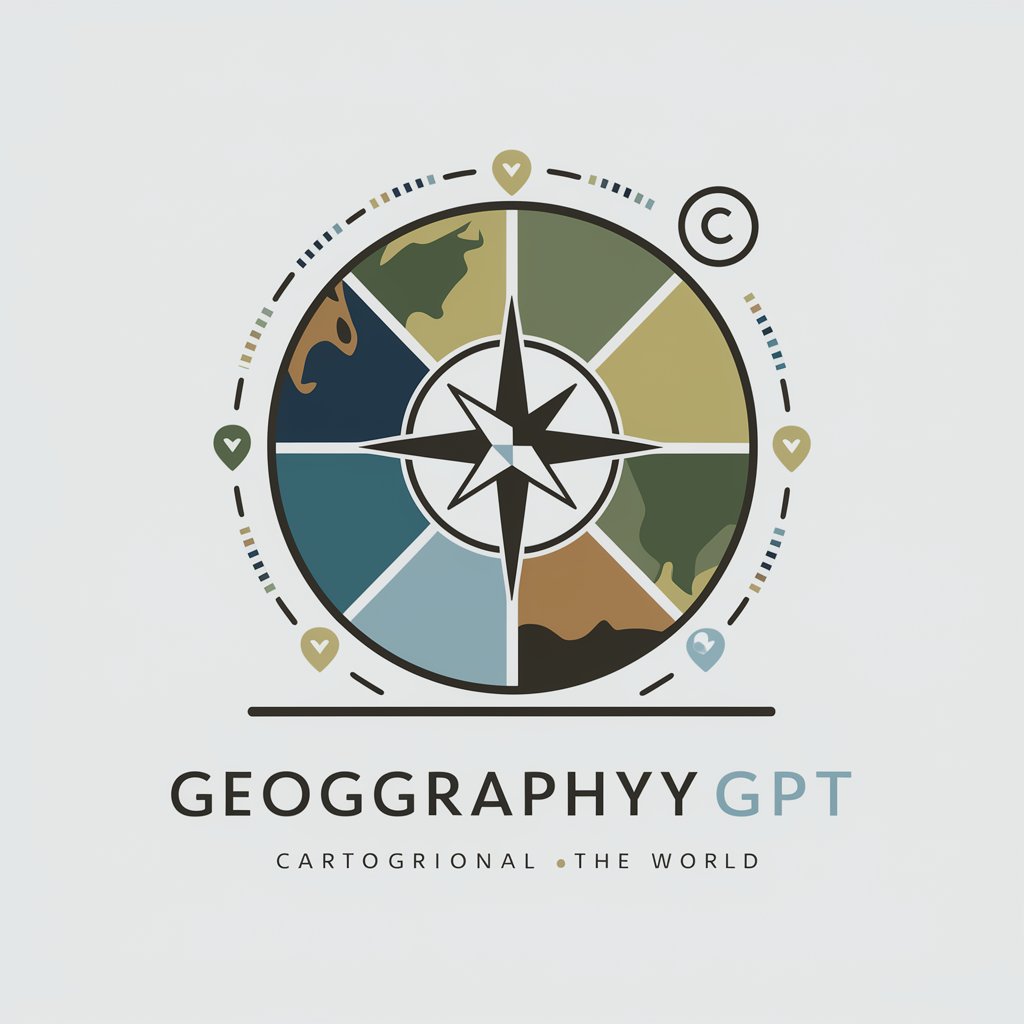
Hello! I'm GeographyGPT, your guide to exploring the world through geography.
Mapping the world with AI-powered Geography
Explain the significance of
How do geographical features influence
What are the key differences between
Describe the impact of human activities on
Get Embed Code
Introduction to Geography
Geography as a specialized GPT focuses on the study of places and the relationships between people and their environments. It investigates both the physical properties of Earth's surface and the human societies spread across it. It also examines how human culture interacts with the natural environment, and the ways that locations and places can impact people. Geography's design purpose is to provide educational and informative responses across various aspects of geography including physical geography, human geography, and geographical information systems (GIS). For example, it can explain the formation and impact of natural phenomena like hurricanes, offer insights into urban planning and sustainable development, or detail the use of GIS in disaster management and conservation efforts. Powered by ChatGPT-4o。

Main Functions of Geography
Educational Resource
Example
Explaining the water cycle, including evaporation, condensation, precipitation, and collection, detailing each step and its significance in global water distribution.
Scenario
Used in a classroom setting or for self-study to understand fundamental earth science concepts.
Analysis of Human-Environmental Interaction
Example
Discussing the impact of deforestation in the Amazon rainforest, including biodiversity loss, climate change contributions, and effects on indigenous communities.
Scenario
Utilized by environmentalists or policy makers to understand and mitigate negative human impacts on the environment.
GIS Applications
Example
Illustrating how GIS technology can be used for urban planning, such as analyzing land use patterns, planning infrastructure, and managing resources efficiently.
Scenario
Employed by urban planners, civil engineers, and local governments for city development and operational efficiency.
Cultural and Political Geography Insights
Example
Exploring the cultural landscape of Southeast Asia, focusing on the diversity of languages, religions, and political systems, and their influence on regional conflicts and cooperation.
Scenario
Engaged by educators, students, or policymakers to understand regional dynamics and inform diplomatic strategies.
Ideal Users of Geography Services
Students and Educators
Individuals engaged in learning or teaching geographical concepts, looking for detailed explanations, examples, and case studies to enhance understanding or curriculum development.
Researchers and Academics
Professionals conducting studies in areas related to physical geography, human geography, or GIS, requiring in-depth information, data analysis, and comprehensive reviews of literature.
Environmentalists and Policy Makers
Those focused on environmental conservation, sustainable development, or policy formulation, seeking insights into human-environment interactions, environmental impacts, and geographical solutions to global issues.
Urban Planners and Civil Engineers
Experts in planning and developing urban and rural areas who utilize geographic information and technologies to inform decisions on land use, infrastructure, and resource management.

How to Use Geography Effectively
Start with a Free Trial
Begin by visiting yeschat.ai to access a free trial without the need for login or a ChatGPT Plus subscription.
Identify Your Needs
Determine what you need from Geography, whether it's for academic research, travel planning, environmental studies, or GIS analysis.
Explore Features
Familiarize yourself with the tool's features, including interactive maps, climate data analysis, demographic studies, and spatial data visualization.
Utilize Advanced Tools
Take advantage of advanced tools for more complex tasks like satellite imagery interpretation, terrain modeling, and geospatial data integration.
Engage with the Community
Join forums or user groups related to Geography to share insights, ask questions, and learn from others' experiences.
Try other advanced and practical GPTs
Professional Installation
Expert installation at your fingertips.

Your Office Christmas Party Carbon Emissions
AI-powered Carbon Footprint Minimizer

Keyword Map Creator
Streamline Your Research with AI-Powered Mapping

Free Melo meaning?
Empowering creativity and knowledge with AI

Free To Everyone meaning?
Empowering creativity and knowledge with AI.
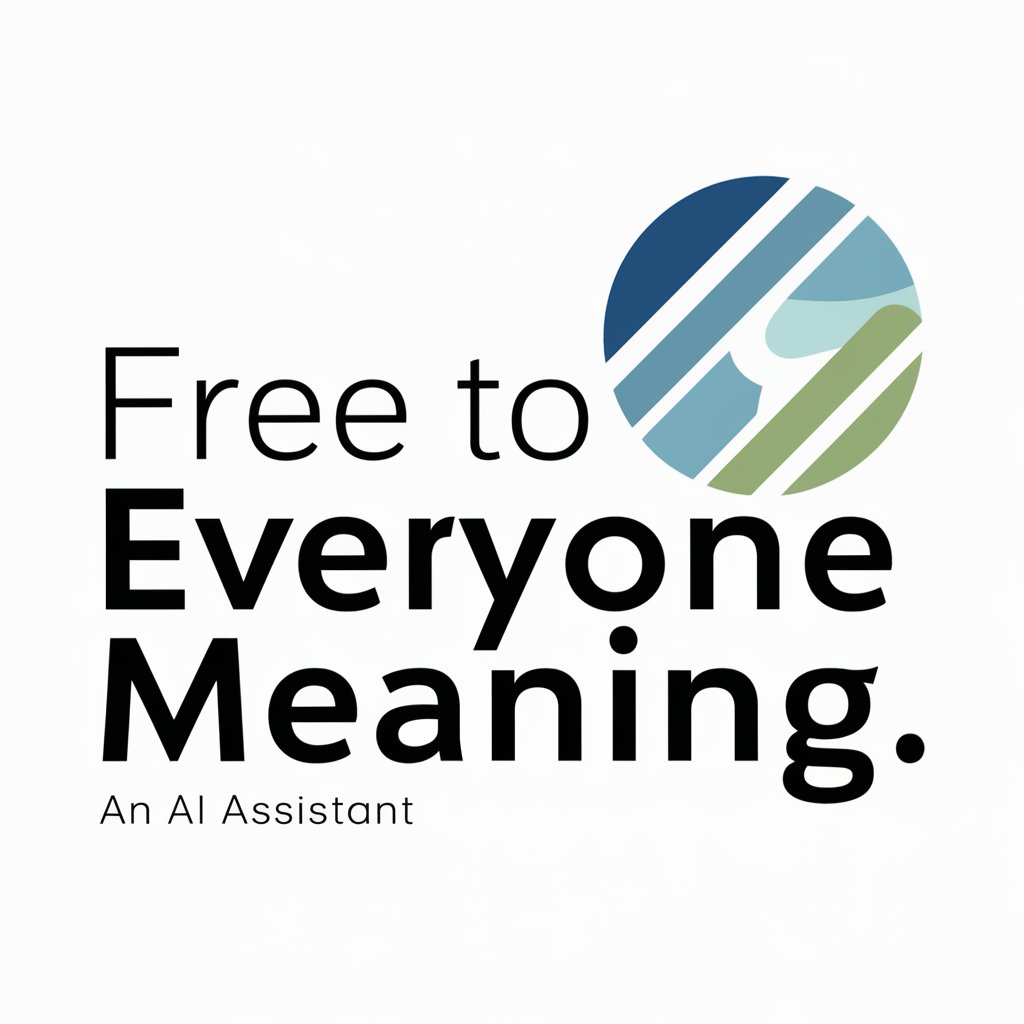
Never Been So Free meaning?
Empowering Creativity and Knowledge with AI

Smartphone
Empowering your decisions with AI

SME Skarpsinne
Empowering SME insights with AI

Webflow Client First Guide
AI-powered Webflow Design Simplification

数据表格家
Empowering insights with AI-driven data analysis.

Lucky Wombat Marketing Guru
Empowering Marketing with AI Insights

Silver Coins
Unlocking Silver's Potential with AI

Frequently Asked Questions about Geography
What is Geographic Information System (GIS) and how does it work?
GIS is a technology used to gather, manage, and analyze spatial and geographic data. It combines cartography, statistical analysis, and database technology to view and understand patterns, relationships, and trends in geospatial data.
How can Geography help in urban planning?
Geography aids urban planning by providing tools and analyses for land use planning, infrastructure development, environmental conservation, and zoning. It helps in the visualization of urban growth patterns and the impact of planning decisions.
What role does Geography play in environmental management?
Geography is crucial for environmental management, offering insights into natural resources distribution, climate change impacts, disaster management, and sustainable practices through the analysis of spatial data and environmental conditions.
Can Geography be used for travel planning?
Yes, Geography offers valuable tools for travel planning, such as mapping routes, identifying points of interest, understanding regional climates, and analyzing geographic features to enhance travel experiences.
How does Geography contribute to academic research?
Geography supports academic research by providing methodologies for spatial analysis, data on human-environment interactions, tools for mapping and visualization, and insights into geographical patterns and processes.

